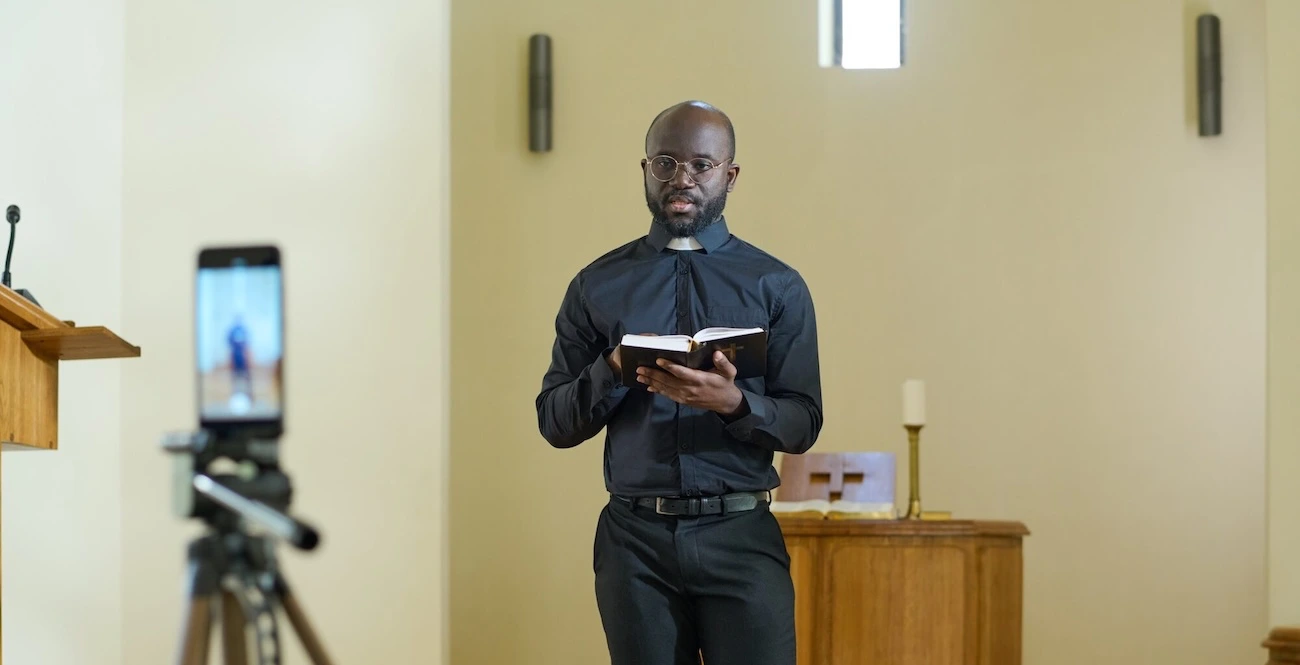One of the most important decisions any church or ministry can make is determining when the time has come to hire a new employee.
Unlike most organizations, which aim to hire a majority of their job candidates based upon a preferred collection of skills and previous work-related experiences, churches have the responsibility of also carefully examining whether or not prospective candidates share their similar beliefs and approach to ministry, not to mention observing if they have the relational DNA to assimilate well with their existing workplace culture.
Hire slow, fire fast
As best-selling author and management consultant Patrick Lencioni shares in his book, The Advantage, “Hiring without clear and strict criteria for cultural fit greatly hampers the potential for success of any organization.”
It’s no wonder that when it comes to hiring, most churches have chosen to fully adopt and practice the age-old business adage, “hire slow, fire fast.”
The concept of “hiring slow” has been of great benefit to many organizations, regardless of their size or industry, particularly over the past 5-6 years in what many would describe as an “employer-driven” job market. The decision to offer fewer jobs in fear of an unstable economic climate provided employers the opportunity to be excessively selective and leisurely active with interviewing candidates.
Candidate driven vs employer driven
However, according to a recent national study performed by the MRINetwork, one of the largest and most successful employee search and recruitment organizations in the world, a whopping 81% of recruiters polled describe today’s current job market as being “candidate driven,” not employer-driven. This means that while employers today are posting more job openings, candidates are now being approached with several job opportunities and compensation offers to compare, causing many organizations to lose out on high capacity candidates due to the slower pace of their hiring process.
Here’s the three most common problems we now see occurring with churches that insist on hiring too slowly.
1. The loss of highly qualified and in-demand candidates
It is extremely important for churches to understand that highly experienced and skilled candidates are rarely in need of a new job. More often than not, candidates who exemplify the passion, aptitude, potential, and character that churches are looking for are recruited for roles long before they ever applied.
While your church may have a preferred, multi-layered approach to interviewing new candidates, one that may possibly involve faith surveys, personality tests, or Skype interactions with members of your staff before any in-person interviews are scheduled to take place, remember that a slow response time can be a significant turnoff for candidates who already have other job offers they are praying through.
2. The pool of interested candidates decreases in quality
There is large misconception that the longer a church takes to hire, the better the pool of candidates it will have to choose from.
However, highly qualified candidates will likely move on to other job offers the longer a search is stretched out, and churches can find themselves left with average candidates that no one is competing for, who consequently may be more in need of being hired by the church than the church is actually in need of hiring them.
3. A decrease in productivity from current ream members
Perhaps the most common problem churches face when hiring too slow is the added burden placed on other employees who are asked to fulfill the responsibilities of the vacant position, while still attempting to manage their own. Although many churches believe that waiting to fill a vacant position can help save money for other needs, the lack of productivity and decreased morale from those employees who are absorbing more work at the same pay can come at a much higher price.
Keep in mind that increasing the speed of your hiring is by no means an excuse for your church to cease from being discerning and thorough in vetting your prospective candidates. The opportunity to serve in full-time in ministry is and will always be a privilege, not a consolation prize; so making sure that your church hires the best candidates possible is of the upmost importance.
However, churches will continue to miss out on reaping a harvest of great candidates if their hiring process is one that appears to be idle, watching the “wind” and the “clouds” go by (Eccl. 11:4).


